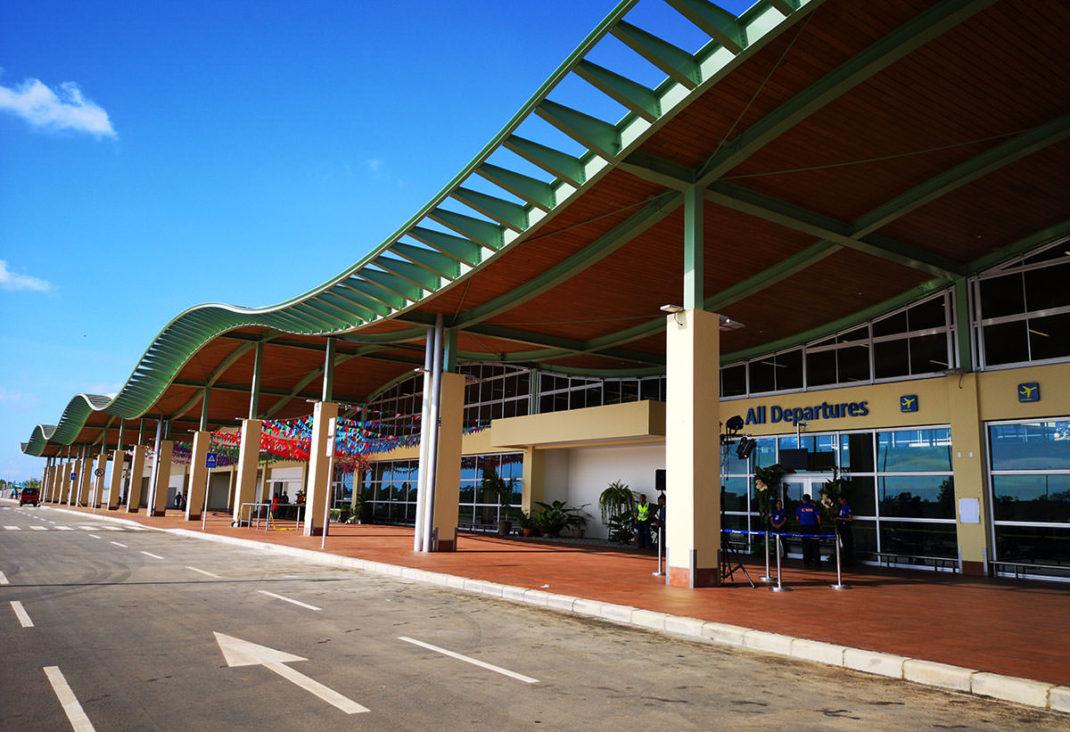THE Employers Confederation of the Philippines (ECOP) on Wednesday, October 24, found a total of P20 increase in daily minimum wage to be the “acceptable” amount for workers to recover from the lost of purchasing power brought by inflation.
This is said to be way below the P344 wage increase that the labor group Associated Labor Unions-Trade Union Congress of the Philippines (ALU-TUCP) is proposing.
ECOP cautioned against the P344 pay increase during the Regional Tripartite Wage and Productivity Board as they claim that such move would further increase the prices of goods eventually resulting in the closure of several businesses and loss of jobs for thousands.
Although workers in Metro Manila have the highest daily minimum wage in the country at P512, its value has since eroded to just P340 due to the hike in the prices of goods. ALU-TUCP noted that the increase in salary would help recover the purchasing power lost from inflation.
However, ECOP claimed that workers might not even feel a significant adjustment because businesses would be forced to pass on the additional cost to consumers.
“There must be other factors for increasing wages,” ECOP governor Antonio Abad said as reported by The Philippine Daily Inquirer.
“If we increase the wages and the inflation rate goes down, will the wages also go down? I don’t think it is a good basis for increasing wages,” Abad added.
Wage increase might have ‘unintended consequences’
The Joint Foreign Chambers of Commerce in the Philippines (JFC) warned that issuing a salary increase among the two million minimum wage workers in Metro Manila would have “unintended consequences” to the 43 million other workers in the country.
JFC’s Ernie Cecilia said that investors and businesses might prefer to operate in other countries in the Southeast Asian region.
“The problem is not the low wages but poverty and unemployment. It’s a vicious cycle. If we really want to help [minimum wage earners], increasing wages is not the solution because doing so would have an inflationary effect,” Cecilia said.
ALU-TUCP spokesperson Alan Tanjusay said that it was wrong to say that the minimum wage in the Philippines was one of the highest in the region because conditions and the cost of living in neighboring countries were different.
The Department of Labor and Employment wage board would come out with its decision on the amount of wage adjustment on Friday, October 25.
Over the last few months, other boards across the country only gave daily minimum wage increases ranging from P9 to P56.
In September, inflation rose to a fresh nine-year high of 6.7 percent. Among all regions, it was only in Metro Manila where inflation slightly eased to 6.3 percent from 7 percent in August.







